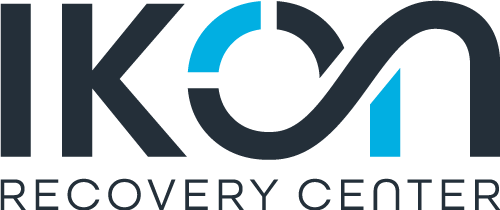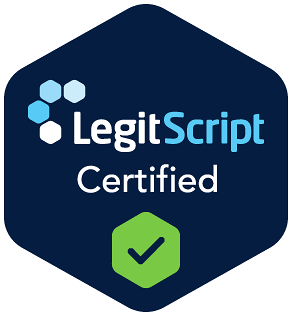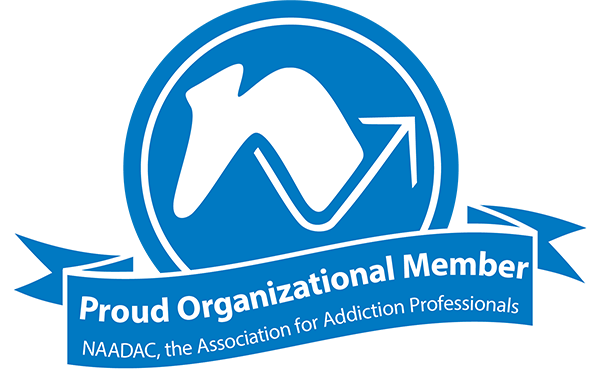[1] Dindo, L., Van Liew, J. R., & Arch, J. J. (2017). Acceptance and Commitment Therapy: A Transdiagnostic Behavioral Intervention for Mental Health and Medical Conditions. Neurotherapeutics, 14(3), 546–553. Retrieved from https://doi.org/10.1007/s13311-017-0521-3 on November 10th, 2023
[2] What is ACT therapy? Overview, uses, and benefits. (2022, May 25). Www.medicalnewstoday.com. Retrieved from https://www.medicalnewstoday.com/articles/act-therapy#overview on November 10th, 2023
[3] Dochat, C., Wooldridge, J. S., Herbert, M. S., Lee, M. W., & Afari, N. (2021). Single-session acceptance and commitment therapy (ACT) interventions for patients with chronic health conditions: A systematic review and meta-analysis. Journal of Contextual Behavioral Science, 20, 52–69. Retrieved from https://doi.org/10.1016/j.jcbs.2021.03.003 on November 10th, 2023
[4] Gloster, A. T., Walder, N., Levin, M. E., Twohig, M. P., & Karekla, M. (2020). The empirical status of acceptance and commitment therapy: A review of meta-analyses. Journal of Contextual Behavioral Science, 18(18), 181–192. Retrieved from https://doi.org/10.1016/j.jcbs.2020.09.009 on November 11th, 2023
[5] Dorenkamp, M. A., Waldron-Perrine, B., & Hanks, R. A. (2023). Influence of Acceptance and Commitment Therapy Core Processes on Anxiety and Stress in Persons With Spinal Cord Injury: A Cross-sectional Study. Archives of Physical Medicine and Rehabilitation, 104(4), 612–618. Retrieved from https://doi.org/10.1016/j.apmr.2022.11.004 on November 11th, 2023
[6] Evidence-Based Practices Resource Center. (n.d.). Www.samhsa.gov. Retrieved from https://www.samhsa.gov/resource-search/ebp on November 11th, 2023
[7] Osaji, J., Ojimba, C., & Ahmed, S. (2020). The Use of Acceptance and Commitment Therapy in Substance Use Disorders: A Review of Literature. Journal of Clinical Medicine Research, 12(10), 629–633. Retrieved from https://doi.org/10.14740/jocmr4311 on November 11th, 2023
[8] Lee, E., An, Woolee, Levin, M., & Twohig, M. (2015). An Initial Meta-Analysis of Acceptance and Commitment Therapy for Treating Substance Use Disorders. Retrieved from https://www.utahact.com/uploads/5/1/3/4/51340265/2015_leeanlevin_twohig__jd_ad_.pdf on November 11th, 2023
[9] Villanueva, J., Meyer, A. H., Rinner, M. T. B., Firsching, V. J., Benoy, C., Brogli, S., Walter, M., Bader, K., & Gloster, A. T. (2019). “Choose change”: design and methods of an acceptance and commitment therapy effectiveness trial for transdiagnostic treatment-resistant patients. BMC Psychiatry, 19(1). Retrieved from https://doi.org/10.1186/s12888-019-2109-4 on November 11th, 2023
